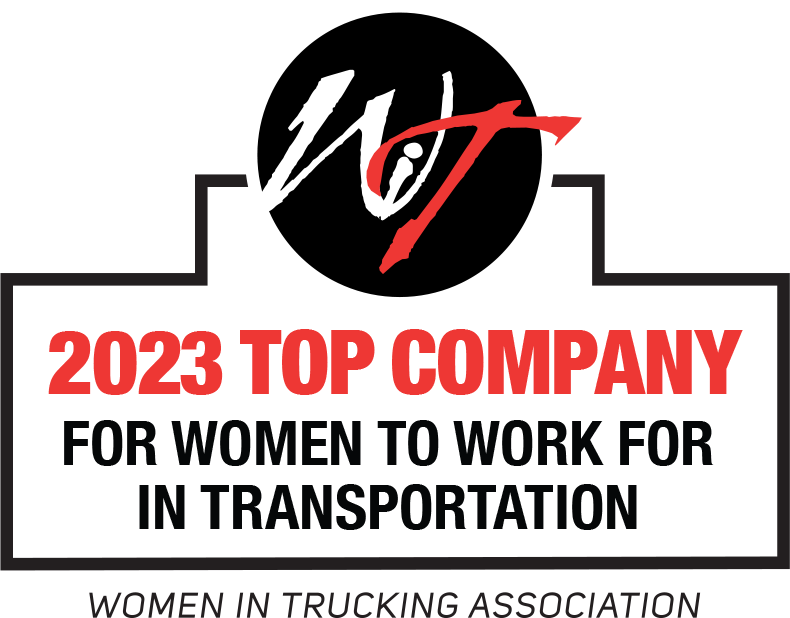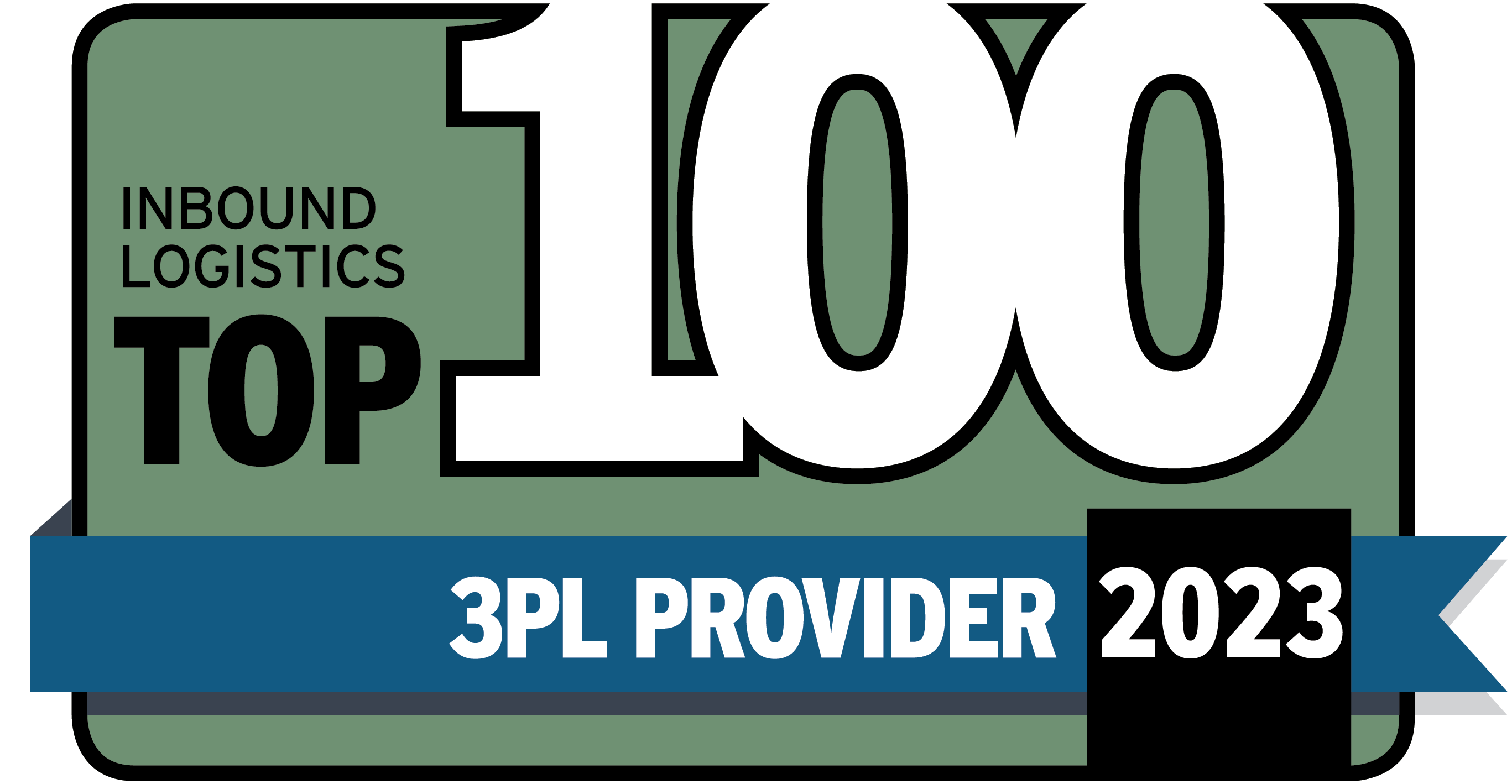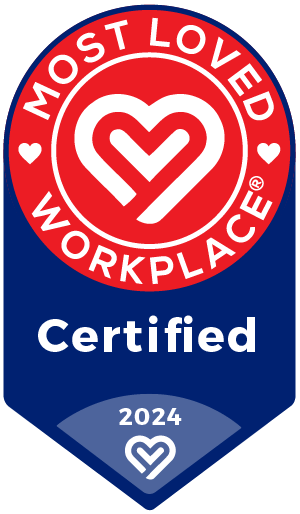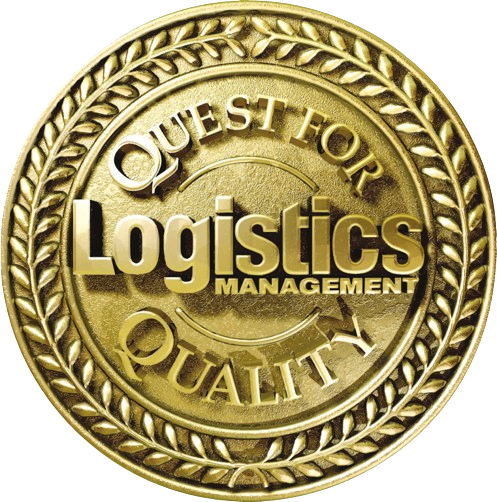Raise your hand if this has ever happened to your company: You’ve had a longtime relationship with a 3PL, LTL trucking company or truckload shipping provider, and things are going incredibly well. Then the latest daily edition of a leading industry trade journal hits your inbox, and you learn that your 3PL or carrier has been acquired.
It’s a common scenario in today’s business world, where 2020 saw 89 publicly reported deals of trucking and logistics company acquisitions – and the past couple of months have included two, billion-dollar-plus major acquisition announcements.
It’s also a disconcerting one, because even though most logistics acquisitions promise to be a giant boon for the acquiring companies, they can be a mixed bag for everyone else. Just look at these quotations.
“When shippers create a list of criteria to help them in the selection process, one criterion they may be ignoring is how apt a 3PL is to get acquired or acquire another 3PL. . . . Even if the new company does not intend to disband (part of the old) operation, there can still be problems for existing customers.”
– Logistics Analyst Steve Banker, Forbes.com
“When companies say a merger will result in lower prices, try laughing in their face.”
– The Los Angeles Times
“Incumbent executives – the managers in charge of the target company at the time of acquisition – leave in droves soon after the deal is complete. . . . Executives who joined target firms after an acquisition also left at significantly higher rates than normal.”
– Harvard Business Review
In light of this, let’s talk turkey. If your 3PL or carrier has been acquired, don’t expect things to be business as usual, at least not in the short term. Instead, plan for the opposite. And get ready to help manage its potentially chaotic impact on your company by asking the following tough questions.
What part of your company’s decision to use the acquired 3PL or carrier was based on its people and company culture?
When companies make an acquisition, they’re fond of saying something to the effect of, “All of the acquired company’s executives and employees will continue to lead, manage and provide services.”
But the reality is something different. According to two different Harvard Business Review stories, when two firms merge (or one acquires another), approximately 30% of their employees are ultimately found to be redundant, while 40% of the acquired company’s executives are gone by the second year.
While you can’t prevent your trusted carrier’s or 3PL’s contacts from leaving after an acquisition (either voluntarily or involuntarily), you can have a conversation with them as soon as you hear the news in order to get a better sense of what’s in store for them – and when. You should also request a get-to-know-you meeting with the leadership team at the new parent company. Such a meeting will allow you to assess whether there’s truly potential for you to enjoy the same positive corporate chemistry and productive working relationship going forward even if the key personnel who are handling your account changes.
Who’s overseeing the integration and transition – and how long do they expect it to take?
Acquisitions or mergers require a considerable amount of corporate time and energy. That’s a reality that one recent blogger acknowledged when he wrote that, “In drawn-out deals, managers can take their eye off the ball and miss out on value-generating opportunities.”
As a result, it pays to gather as much intelligence as you can about how the parent company plans to handle the integration of the two companies.
Does the parent company have a dedicated team of professionals whose sole responsibility is to coordinate all aspects of the integration? Or is it planning to pull people from various departments and have those people balance their integration obligations with their other responsibilities?
The first scenario means the acquisition process is less likely to interfere with either company’s day-to-day operations, including servicing your account. The second is a recipe for distraction – and considerably more service glitches.
What are the terms of your current contract with the 3PL or carrier that has been acquired?
Working with the new parent company of your 3PL or carrier doesn’t have to be acrimonious. And sometimes it can actually be a good thing, because it can give you access to a bigger network, more services and greater economies of scale.
Even so, one of the first calls you should make after hearing that your 3PL or carrier has been acquired is to your legal team, because it’s important to know what your contractual obligation to the newly altered organization is – and vice versa.
For example, does your contract contain a material change of control clause that allows you to re-visit the terms of your contract with the newly merged company? Is the parent company legally bound to adhere to the service levels that your original 3PL or carrier promised you – or is there a loophole that allows it to gracefully say “no way”? For that matter, is the newly integrated company even required to continue serving you at all?
Just as important, how much longer does your company have to enjoy the favorable rate agreements it signed before the acquisition? Because take it from us, prices usually don’t go down as industry players consolidate.
How much do you know about the particulars of your shipments or operations that the acquired 3PL or carrier is handling?
One of the great things about working with a longtime 3PL or carrier is that you don’t have to micro-manage them or get too granular about the functions, shipments or operations they handle on your behalf.
But all of that changes when said 3PL or carrier is acquired.
Simply put, your company needs the agility to take your business elsewhere if things don’t work out as promised – or if occasional but common integration glitches like inaccurate invoicing, customer service lapses or systems issues suddenly become habitual.
That means taking a good hard look at all of the details about the services that your once-independent 3PL or carrier has been handling – and getting a firm grasp on even the most mundane of details. The more you know about the ins and outs of the functions you’ve outsourced to the acquired company, the easier it will be for you to issue an RFQ or RFP and look for a better fit if you need to.
What’s in it for your company?
By writing these things we don’t mean to imply that smaller, more independent carriers and 3PL are always superior or that bigger, newly merged companies are always “badder.” There are many industry acquisitions or mergers that do wind up being a win – or at least a draw – for the many parties involved. And there are many clients who ultimately work just as successfully with the new organization as they did with the first.
Even so, it’s important to know that while you may not have a choice about which of your carriers or 3PLs are consolidating, you still have some say about whether or not you decide to go along for the ride – and how you’re treated along the way.
Watch your post-acquisition service levels to make sure your customers aren’t getting lost in the shuffle. Keep a close eye on how your rates are trending. And make it clear that even though you’re now dealing with a new corporate culture, you still expect the same commitment to serving your business. Acquisition or not, your company deserves nothing less.









